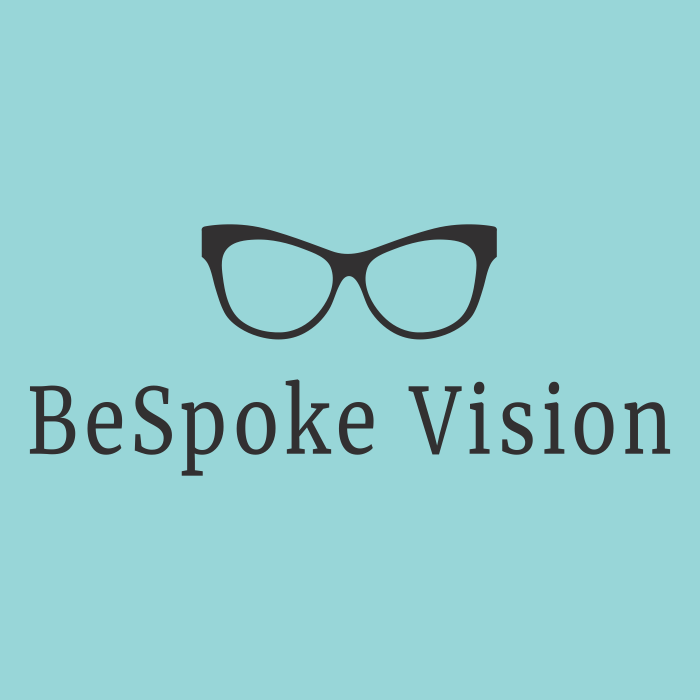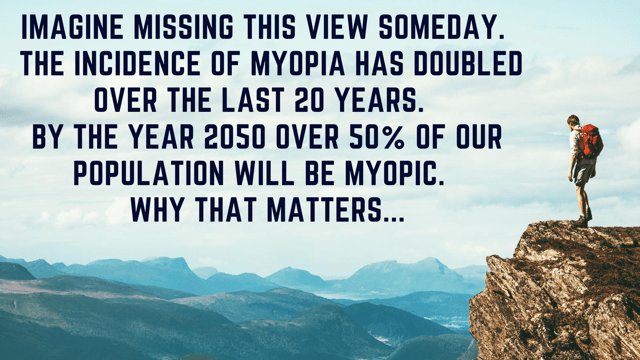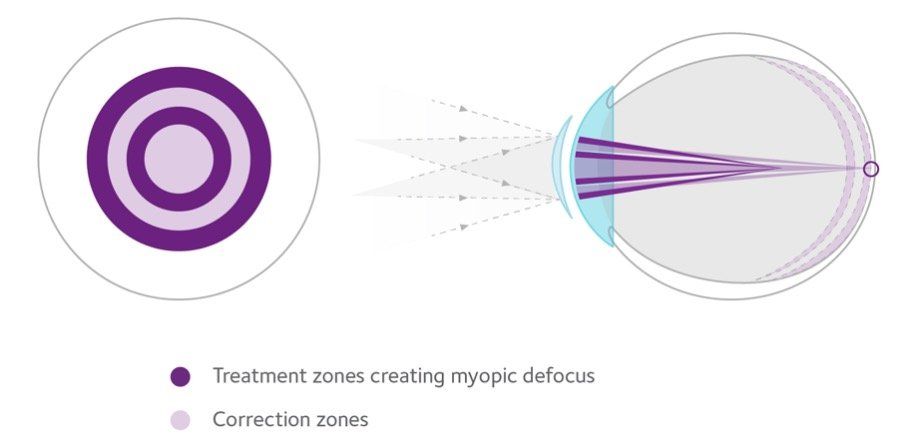There is New FDA Approved Treatment for Pediatric Progressive Myopia
Do you remember as a child going to the eye doctor and each year getting your prescription stronger and stronger? Do you fear the same thing happening to your child? Is it happening already?
Myopia or nearsightedness can be progressive and can lead to complications at a young age. With increasing amounts of myopia complications skyrocket, a simple pair of glasses is no longer “just” what a child needs to see well.
“I want my patients to see for life, not just today. Myopia is a major public health concern worldwide. I’m doing everything I can to ensure our patients get the latest treatments possible right here in Edmond, OK.” Dr. McGee quoted.
Dr. Selina McGee has been treating Oklahoma children with progressive myopia for several years and is regarded as an authority on the subject.
Dr. McGee wants every parent, child, grandparent, and caregiver to know the impact of progressive myopia, and the significance of having an FDA approved treatment option.
What is progressive myopia?
Myopia is the technical term for nearsightedness, an eye condition that affects nearly 2 out of 5 Americans. When a person experiences a worsening of their nearsightedness, this is known as progressive myopia.
Nearsightedness has doubled over the past twenty years. By the year 2050 over 50% of the population will be myopic. One billion people will have myopia and 1/3 of those people will be blind due either to glaucoma, retinal detachments, and the most difficult to treat myopic maculopathy. (Myopic maculopathy is similar to age-related macular degeneration that you may have heard of, only it occurs in very young patients who will be blind for the rest of their life.)
Progressive myopia and children
The biggest concern here is the increase in the number of children diagnosed with progressive myopia. Left untreated, children are at greater risk of developing serious vision complications later in life, including irreversible vision loss.
What has changed?
The US Food and Drug Administration has approved a special daily use contact lens for treating progressive myopia. While there are several options for treating progressive myopia, this is the first to receive FDA approval.
Developed by Coopervision, a leader in contact lens technology, the MiSight 1 Day contact lens is clinically proven to slow the progression of myopia when initially prescribed for children 8 – 12 years old.
MiSight 1 Day contact lenses were clinically validated in a multi-year (7 year) comprehensive study that enrolled children between 8 and 12.
The 3-year study concluded MiSight 1 Day contact lenses reduced myopia progression by 59%, when compared to a single vision 1-day lens. In addition, the study showed a 52% reduction in axial lengthening (with myopia, the cornea or front of the eye elongates to a degree the eye is no longer round but oval or even conical in shape).
Why axial length matters.
Axial length is how long the eyeball is. When the axial length is longer more complications arise. As kiddos grow and their eyeball gets longer their retina has to stretch to meet that growing demand. This stretching can lead to retinal detachments and myopic maculopathy.
How is the MiSight different for treating progressive myopia?
Historically when a child was diagnosed as nearsighted, the typical solution was to prescribe a pair of glasses to correct their vision. If the child’s myopia worsened, the prescription would change, and new glasses would be ordered. While this solution certainly helped the child see clearly, it wasn’t doing anything to treat the underlying cause of the worsening myopia. We now know more, lots more, and when we know more we must do more.
The MiSight contact lenses are the first of their kind. They provide vision correction, AND they also treat the underlying cause by changing the image focus of the eye to reduce elongation (axial length.)
Won't a normal contact lens do this?
Single vision contact lenses are only equipped to correct simple vision conditions. The MiSight lens has two treatment zones specially designed and clinically proven to correct vision and slow the progression of myopia.
Why is FDA approval meaningful?
Up until this point we have relied on treatments that were not FDA approved. These treatments have been used for years and are still safe, but the FDA approval can provide additional reassurance to parents considering treatment options.
Will these contact lenses stop progressive myopia?
The treatment options currently available for progressive myopia are able to slow the progression. The impact of slowing the progression can be significant to the point of preventing eye diseases like glaucoma, retinal detachment, macular degeneration and other vision threatening diseases.
Are these contact lenses designed only for children or could adults benefit from them as well?
The eyes grow most actively up until around age 18 and research has shown that they can continue to elongate during post-high school education. As a result, an ideal treatment age for these contact lenses begins around 6-8 years old, dependent on the maturity level of the child. The sooner we can treat progressive myopia, the greater we can impact the outcome. In the study children enrolled between the ages of 8 and 12.
What should parents do to protect their children against progressive myopia?
In Oklahoma, we have wonderful program called Infantsee which provides free eye screening for infants between 6 and 12 months. It may sound crazy, but even at that age we can determine the refractive power of the eyes and predict at what age they will need glasses.
That provides the parent with a target age for a more complete eye exam for their child. From there, we can easily monitor any progression and like most any health condition, diagnosing a health condition early allows for more treatment options and increases the chances for successful outcomes.
When will MiSight 1 Day contact lenses be available?
BeSpoke Vision has these lenses available now. You can contact our office to inquire about availability and schedule an eye exam for your child.
BeSpoke Vision is committed to educating our community about eye health, collaborating with each patient and providing answers and solutions to help you achieve your best vision. Contact us today to schedule an eye exam. Call 405-341-2062




